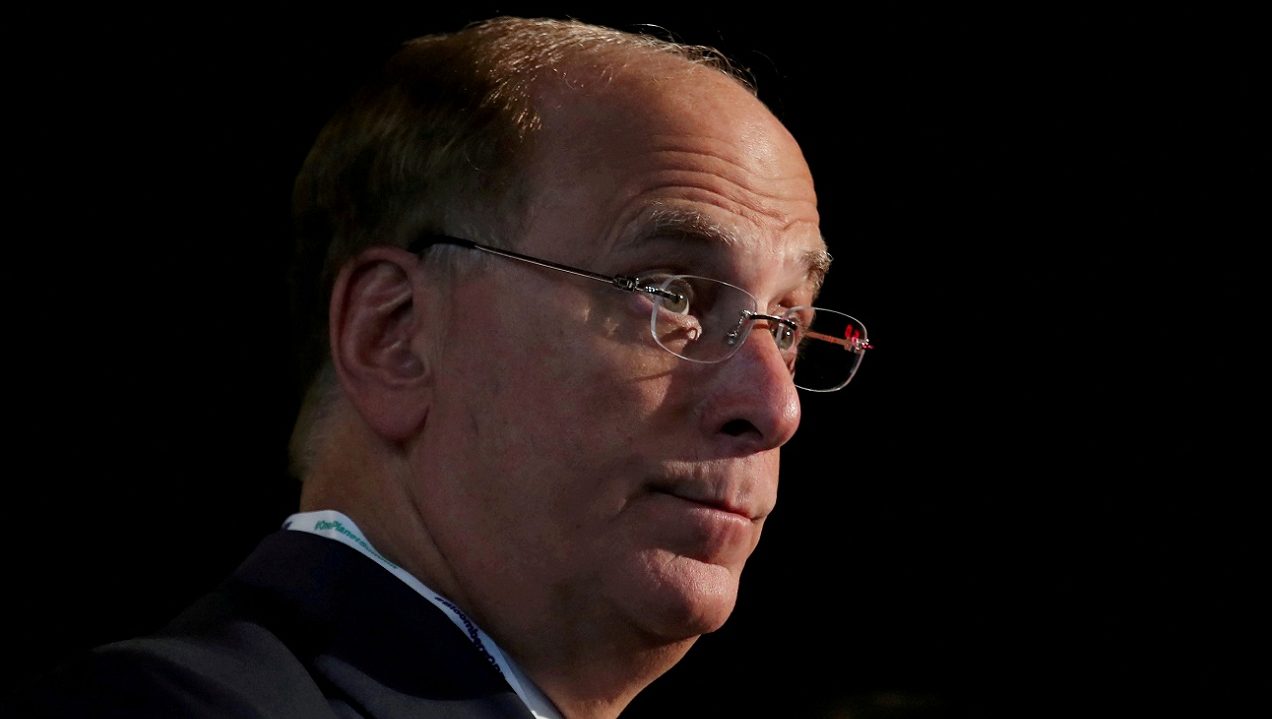BlackRock is the world’s largest asset manager, overseeing $10 trillion. Last Thursday, its founder and CEO Larry Fink, sent a letter to shareholders stating that “The Russian invasion of Ukraine has put an end to the globalization we have experienced over the last three decades.”
Fink is not alone. Wall Street investor Howard Marks of Oaktree Capital echoed similar concerns in his own letter to shareholders on Wednesday. He wrote that negative aspects of globalization have been exacerbated by the war in Ukraine and have “caused the pendulum to swing back to local sourcing.” I do not foresee countries disconnecting from each other, but there is definitely a shift. We are heading toward a world where economies share with one another, and people feel more like a global society than an assortment of nations. We are headed toward the next phase of globalization: globalization 2.0, if you will.
“The only time when disconnecting a country is helpful is when it is for the purpose of forming a better, more correct connection. Just as parents sometimes send their children to their separate rooms when they cannot stop fighting until they cool down, sometimes countries need to do the same.”
Previously, production required working hands. When the cost of labor became prohibitive in the West, companies sought cheaper labor elsewhere and began to move production lines overseas. At the same time, communication improved, transportation became more affordable, and products that were once distributed locally began to find global markets.
Today, however, there is less need for working hands, since much more is done by robots and automated machines. Products have also become increasingly compact, and these days even services such as call centers are outsourced to other countries. Locality, it seems, has lost much of its significance; it has become less important where something is produced, and less of a factor in its pricing. Clearly, many products are still dependent on location, such as ores or fuels, but the trend is crystal clear.
While locality has lost much of its significance, connections between countries have become imperative for their survival. The economic asphyxiation imposed on Russia through sanctions due to its invasion into Ukraine will hurt it very badly. Just as globalization sustains some countries, especially those heavily dependent on export or import, denying it can destroy a country by cutting off provisions and disconnecting it from the global financial system.
The only time when disconnecting a country is helpful is when it is for the purpose of forming a better, more correct connection. Just as parents sometimes send their children to their separate rooms when they cannot stop fighting until they cool down, sometimes countries need to do the same.
The situation between Russia and Ukraine is an example of such a situation. The two nations share the same culture, their languages are very similar, they intermarry freely, and even the borders between them fluctuate (and are therefore disputed). However, when they cannot get along and begin to fight, they must be separated until the tension subsides and they can communicate constructively.
Currently, it does not seem possible, but through their conflict, humanity will learn how to do it. It is, however, a terrible shame that people, and indeed entire nations, must pay so heavily to learn how to communicate, something that should be obvious to all of us.
“Globalization means we have become one society. It is time we began to act the part. It is time to establish global planning, global production, a global welfare system that really works, a global health system, and global education.”
In correct relationships, the participants regard the common needs before their own. It is as if there is a big bowl in the middle of the world, and all the countries circle it. Each country throws its dish into the bowl, and everyone enjoys the resulting stew.
On the one hand, countries talk about sustainability and restriction of production in order to curb greenhouse gas emissions. On the other hand, the same countries produce twice as much as they consume or export. The surplus litters Earth’s soil, air, and water, while people who cannot afford the products starve for lack of the unsold goods. It is unjust, unwise, and unsustainable.
Globalization means we have become one society. It is time we began to act the part. It is time to establish global planning, global production, a global welfare system that really works, a global health system, and global education.
If we felt more like one family, or at least one country, and less like gang members who have been thrown into one prison cell to fight to the death, we would not need armies. The funds we would save would finance much more than the needs described above. There is an abundance of everything on Planet Earth. The only thing amiss is good connections.











